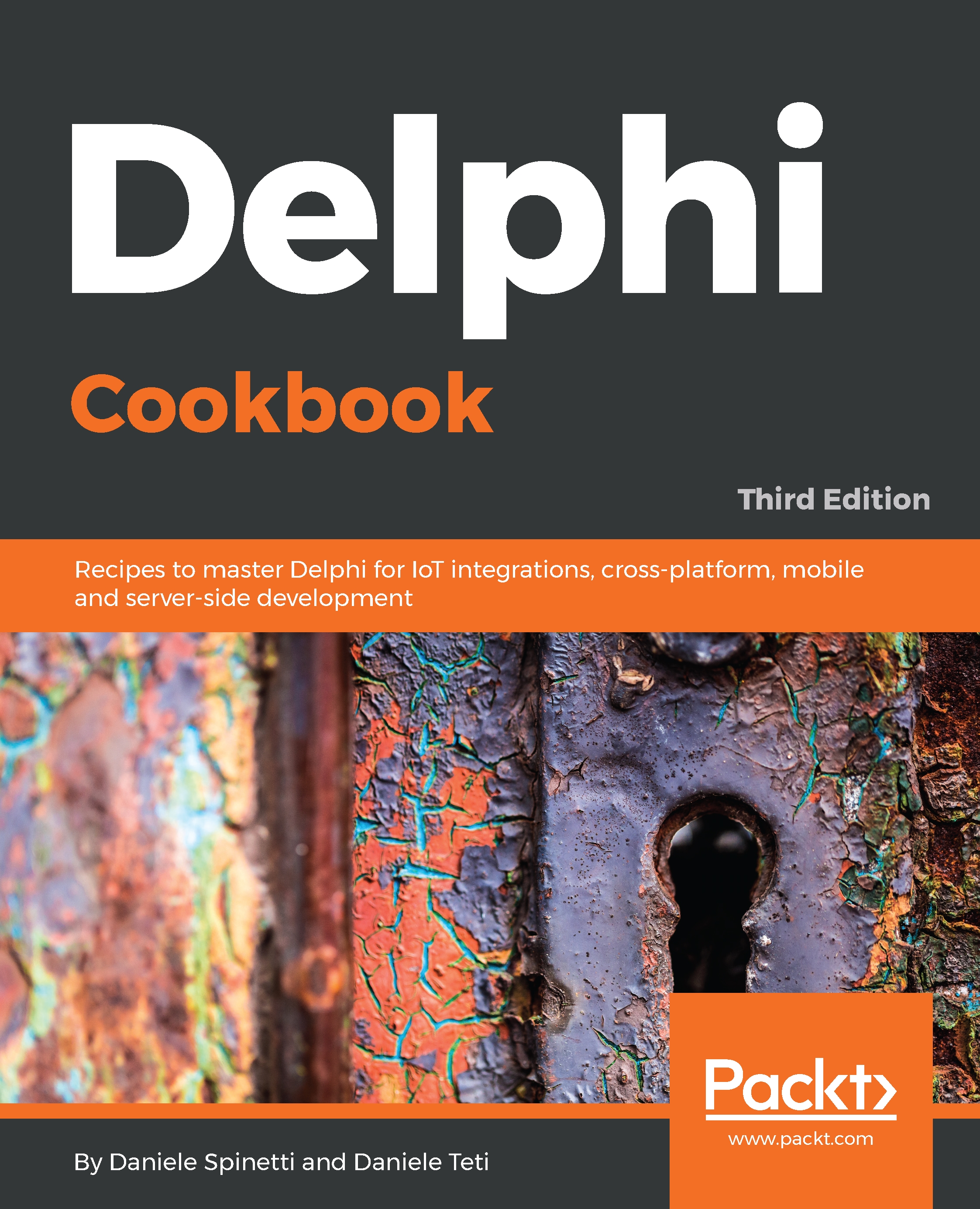Each Linux system has a bunch of processes running. Some processes have the goal to run for a long time on the system in the background: daemons. A daemon (or service) is a particular type of process that runs in the background and is designed to run autonomously, with little or no user intervention.
Many programs use daemons to solve current scenarios: a web server to provide static content for web pages, email service like SMTP, and so on.
You must use a specific set of rules in a given order to create a daemon in Linux. To understand how daemons works in Linux, we have to see them in action. They give you incredible flexibility and power, and for this reason they are one of the fundamental building blocks in Linux.


